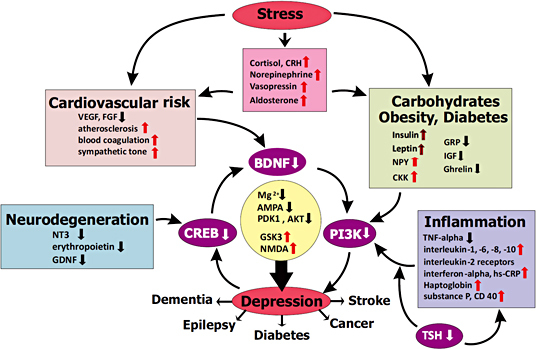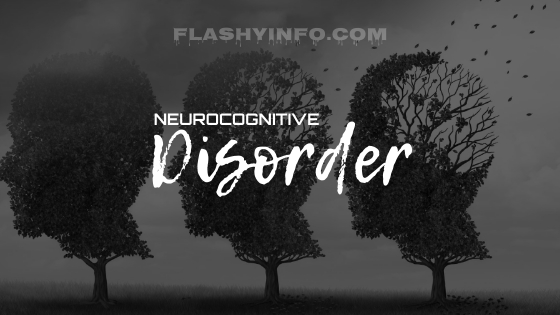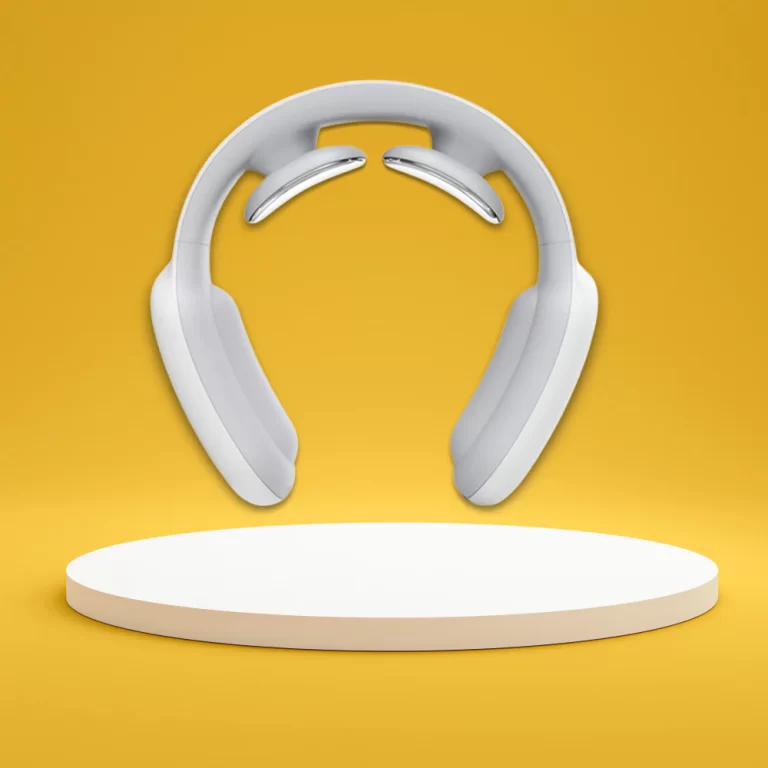Common Symptoms Associated With Mild Neurocognitive Disorder
Common symptoms of mild neurocognitive disorder (MCD) include problems with speech, language, and reduced mental ability, along with an inability to properly maintain concentration. People with this disorder are usually unable to tell reality from fiction. In most cases, this type of disorder does not interfere with a person’s life or function. However, some patients do have difficulty performing daily activities. The disorder is most common among women and frequently affects people in their forties and fifties.
Mild Neurocognitive Disorder
People suffering from the mild neurocognitive disorder will have difficulty distinguishing events from fantasy. They may also have occasional amnesia, a memory problem that is not corrected by psychotherapy. This type of disorder can affect memory but usually not the ability to remember recent or distant events. Patients with minor forms of this disorder can also suffer from amnesia; however, their level of amnesia is not as severe as major neurocognitive disorder patients. The disorder is divided into two main categories; one is classified as semantic aphasia and the other is classified as semantic minimalism. Each sub-type of this neurocognitive disorder has its own symptoms and its own definition.

One way to diagnose the mild neurocognitive disorder is through a psychiatric evaluation done by a psychiatrist or psychologist. A psychiatrist or psychologist can make the diagnosis based on the patient’s description of their symptoms, patterns of behavior. During the diagnostic process, other factors such as the patient’s history of a traumatic brain injury, medication, environmental factors can be considered.
Mechanisms Involved in the Development of Disorder
Another effective method of diagnosing the mild neurocognitive disorder is through research work. A task force composed of experts in this field will look at the various etiologies of this condition. It will then look at the methods and the technologies available for treating this condition. Research work on this topic has provided new knowledge about the etiology.

One area of research work uses laboratory tests called theory assessment and the Rorschach test. These two tests are very reliable in the diagnosis of mild neurocognitive disorders. The diagnostic test is called the Rorschach test. That is basically a questionnaire that is filled out by the patient and contains 100 pictures. As the patient answers the questionnaire. A psychiatrist is able to analyze the patient’s brain images, as revealed by the brain scans.
Symptom Reporting
Another important area of research work in this field has been related to symptom reporting. Sufferers of these types of disorders often report symptoms that do not fit the patient’s description of the symptoms. In many cases, patients are misdiagnosed with other mental disorders or simply perceive themselves to be suffering from another disease when they are actually suffering from a mild neurocognitive disorder. Studies have shown that if the symptoms reported by the sufferer are indeed representative of symptoms of the mild neurocognitive disorder, it could go a long way towards discerning the real cause of the symptoms.
There are several research projects currently underway, using various techniques, to determine the usefulness of various diagnostic markers in the process of treating the mild neurocognitive disorder and other acquired cognitive disorders of all age groups. Several researchers are looking into using fMRI scans, PET scans, EEGs, NLP (Neuro-Linguistic Programming), Rorschach Inkblot test (developed by Peter Keller and Jacklyn Tegenmaa), among others. Acquired neuropsychological disorders may also respond to medications used to treat depression, anxiety, OCD (Obsessive Compulsive Disorder), and other mood-altering illnesses. However, there is still much more that needs to be done in this area.
Diagnosis and Treatment of Neurocognitive Disorder
Neurocognitive disorders such as mild neurocognitive disorder may also be associated with substance abuse or dependence. Neuropsychologists have developed some interesting correlations between substance abuse and the development of various psychiatric diseases such as dementia and Alzheimer’s. However, there is still much more research needed to clarify the relationship between substance abuse and this type of mental disorder. The results of these studies will only be useful for those in the field of psychiatric science who are looking into the causes of dementia and Alzheimer’s. If you believe that you or someone you know might suffer from any of these disorders, it would be in your best interest to contact a professional who deals specifically with these conditions for proper diagnosis and treatment.
For more articles visit: Flashy Info







